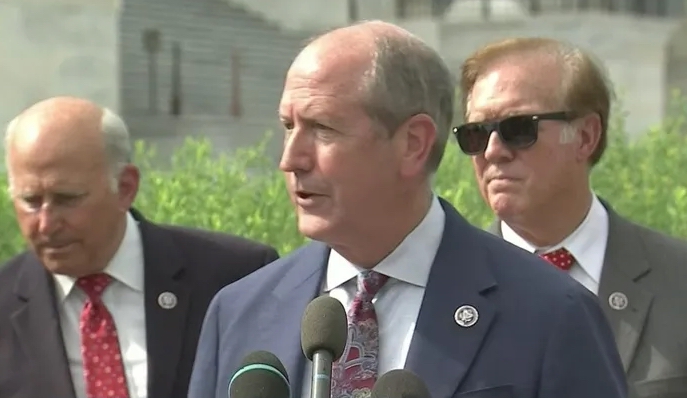John Cochrane, senior fellow of the Hoover Institution at Stanford University, writes in his blog, The Grumpy Economist, how government mandated cross-subsidization negatively impacts the costs of health care in the US:
But lawmakers do not want to be seen taxing and spending, so they hide transfers in cross-subsidies. They require emergency rooms to treat everyone who comes along, and then hospitals must overcharge everybody else. Medicare and Medicaid do not pay the full amount their services cost. Hospitals then overcharge private insurance and the few remaining cash customers.
Overcharging paying customers and providing free care in an emergency room is economically equivalent to a tax on emergency-room services that funds subsidies for others. But the effective tax and expenditure of a forced cross-subsidy do not show up on the federal budget.
Over the long term, cross-subsidies are far more inefficient than forthright taxing and spending. If the hospital is going to overcharge private insurance and paying customers to cross-subsidize the poor, the uninsured, Medicare, Medicaid and, increasingly, victims of limited exchange policies, then the hospital must be protected from competition. If competitors can come in and offer services to the paying customers, the scheme unravels.
No competition means no pressure to innovate for better service and lower costs. Soon everybody pays more than they would in a competitive free market. The damage takes time, though. Cross-subsidies are a tempting way to hide tax and spend in the short run, but they are harmful over years and decades.
Unfortunately, our healthcare sector is plagued with market barriers such as CON laws that lead to devastating effects on industry competition (see here, here, and here). The John Locke Foundation has been an advocate for much less healthcare regulation because restricting access creates a sector of our economy that doesn’t operate like a true market. Enhanced competition is the correct means for achieving cheaper, better healthcare for Americans.


